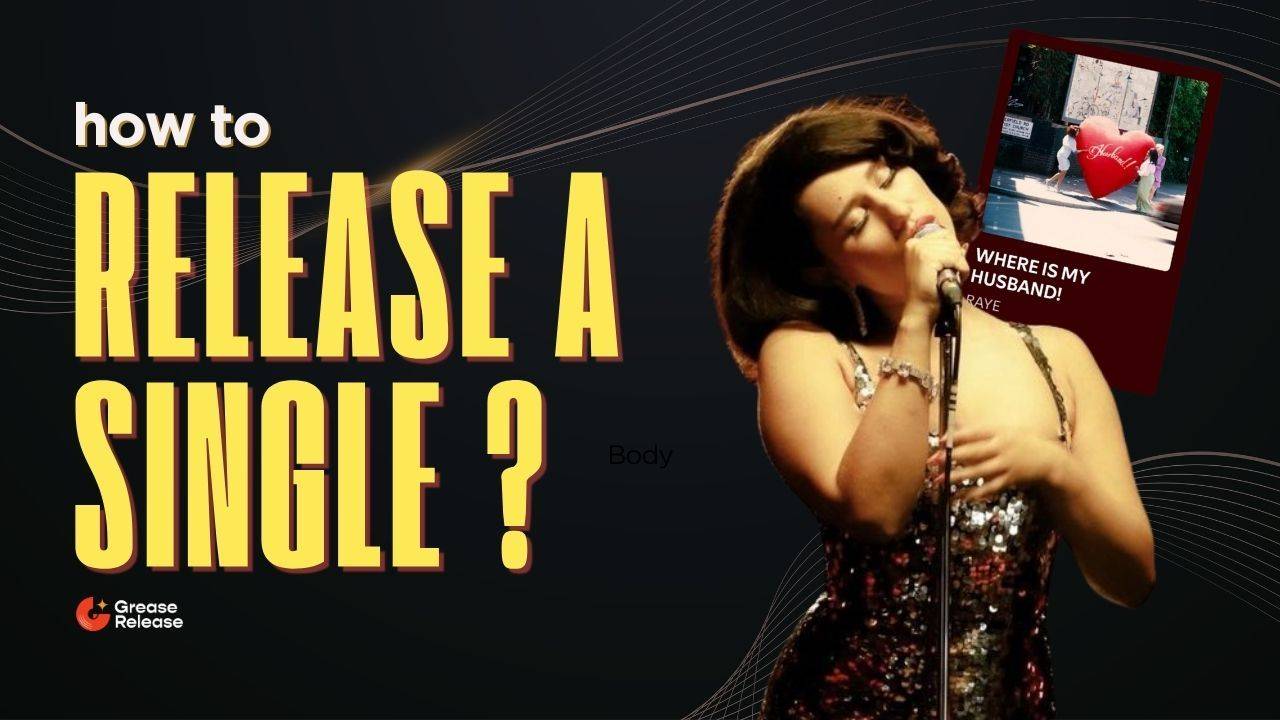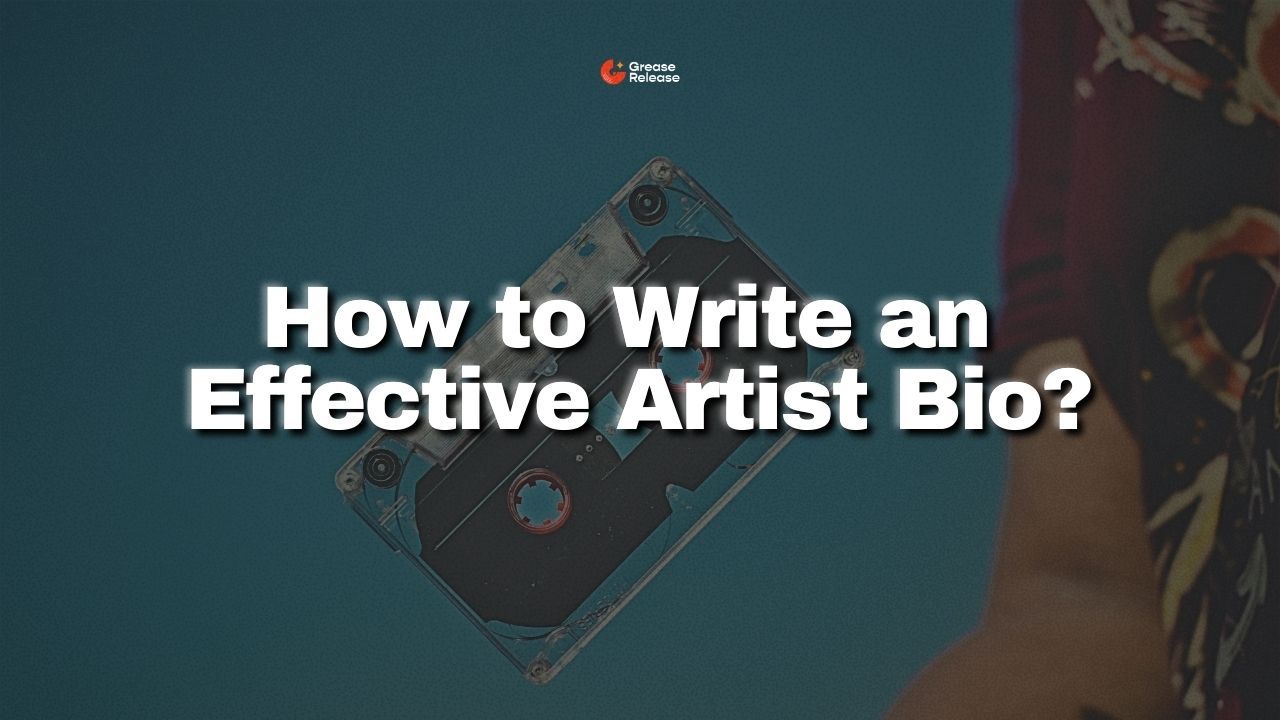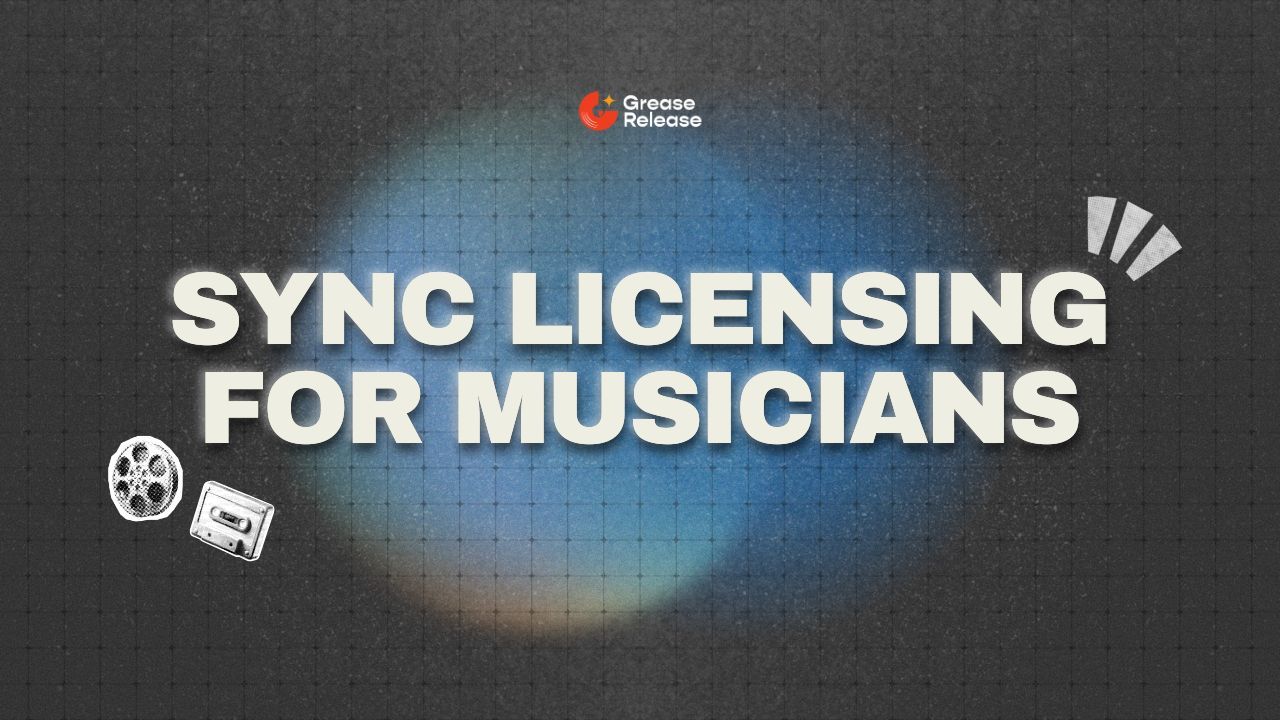
The Influence of Social Media on The Music Industry
Mar 20, 2024How has social media affected the music industry?
Music is more than an art form, it’s something that’s been romanticized all over the world and especially on the internet - both from the makers as well as the listeners’ end. With the advent of social media, people can share their music tastes and help globalize the music industry due to the ease of communication and the ability to reach every possible corner of the world.
In this article, we have tried to answer a few questions:
- How is music discovery affected by social media?
- Has the artist-fan relationship changed?
- How has the marketing scene evolved?
- How are the music consumption patterns now?
- How are independent artists affected?
- Are virtual concerts worth the hype?
- How does 2025 look for the music industry?
How is music discovery affected by social media?
One of the most prominent impacts of social media on the music industry is on music discovery. Music listening is no longer considered a hobby but as a part of your personality, and your ‘core.’ With Gen-Z redefining what music stands for the netizens at the moment, finding new music that they would genuinely like is no longer a tedious task, but rather fun, and extremely satisfying scrolling on TikTok, Instagram, and other prominent social media apps.
Before the digitization of music streaming, finding new music was often a slow process, and physically difficult, because it meant visiting music stores, checking out gigs and shows, and patiently waiting for radio broadcasts. Some might say that those were the good ‘ol days but new music is now available at your fingertips which is amazing and this can lead to music discovery a lot faster. Social media has only catalyzed this process because it has become a place where artists can talk about their music directly with music lovers and their followers.
Pssst…come here: Social media also gave rise to different communities, where music lovers who share a similar music taste could suggest new tracks to others and find new music themselves. All you have to do is just go on Reddit and type in your favorite genre or vibe. Trust me, it works.

On Instagram and Pinterest, with the advent of memes, the romanticization of music listening, as well as playlists made by listeners themselves, discovering new songs is now easy and thus, there’s never enough new music coming your way. This only works for the benefit of music artists as well, because music listening is extremely personalized, rather than perceived as a leisure activity. Additionally, Instagram Live has grown in popularity as an opportunity for artists to perform and engage with fans in real time, providing a one-of-a-kind and personalized music discovery experience.
User Generated Content is also one of the major turning points in the growth of music discovery due to social media. Platforms like TikTok and Instagram provide so many opportunities for users to make new content every day (and these days, everyone is a content creator). The integration of music in their content, not only helps them gain views but also makes the music used in the background, reach more audience and get the potential to go viral on the internet.
Pssst…come here: Since everyone has access to social media, all aspiring musicians and music lovers can promote and discover all sorts of music - social media has democratized how the music industry works because now, there’s virtually no traditional gatekeeping.
Finding new talent, and new music, for record labels is also relatively easier because A&Rs can find trending and emerging musicians on the tip of their fingers. It could be through a random TikTok challenge or through a live performance, A&Rs are able to discover new music that isn’t fully geographically limited anymore. Moreover, most A&Rs are also on LinkedIn so they become easily accessible for those music artists who wish to get signed to a record label.
Has the artist-fan relationship changed?
Due to the absence of a third party, the communication between the music artist and the fan is direct through social media. Twitter and Instagram have especially become made such instances most important through the #Askmeanything trend. Fans and followers are also more accommodating and welcoming and take an active interest in getting to know and understand their artists better, mainly because they know that they are heard on the internet.
Not only do artists provide updates about their shows and tour dates on their posts but they also engage with their followers on their comment section and try to be as interactive as possible. Social media allowed musicians to appear as humans too, that is, they couldn’t just be defined through their profession, but also have their own personalities, share hobbies, and develop a sense of normalcy. This humanization of music artists made them seem more genuine and thus, a lot closer to their followers.
Another major wave that was catalyzed by social media in the music industry is the mental health awareness one. Many music artists started to become more expressive and communicated their opinions on improving mental health, vocalized their problems, and helped bring awareness of issues that especially troubled those in the profession. This expression of musicians also brought in more online support and love from music lovers all over social media.

So yes, the artist-fan relationship has changed, in a way that doesn’t restrict the two in their own worlds, but rather, provides a safe middle ground for both to understand what each other wants, it is no longer a one-way communication, but a conversation.
How has the marketing scene evolved?
Social media marketing has taken the world by storm and it looks like this is the way ahead too for the music industry. Not only are musicians focusing and investing more on marketing their music online but it is also more affordable at the moment.
This means that any upcoming or independent musician has a fair chance at online music promotion through social media. It takes a minimal or limited budget, a good lot of thinking and creativity, and consistency. Once you do get the hang of the algorithm, you just have to make sure your promotional efforts go hand in hand with the algorithm of different social media apps and you have literally got the job done.
In the past, music publishers from record labels had to pay heavily in advertising expenditures to market new albums. Today, social media platforms give artists a direct channel to interact with their followers, enabling them to publish updates, trailers, and exclusive content immediately. Artists can now generate excitement for their new music, interact with listeners during live streaming, and build a sense of virtual community.
Pssst…come here: Most of these social media apps also provide data and insights on how your promotions are doing and what you could possibly do better. With such vital information on your side, musicians like you, could improve your marketing efforts and make more calculated decisions.
With social media, trends, and music marketing became interdependent. Social media gave rise to innovative ways of promoting your music. For example, the Indian indie musician, Raman Sharma, took to Instagram to share his marketing tactic. His song is about having your own fairy godmother and he went around asking people who their fairy was. He got the Spotify code for his track printed on a placard and gave away cotton candy for anyone who scanned it and played the song on the spot. He made a short and sweet compilation of all the responses and people he met and uploaded the video. It went viral and received more than 100k views!

The marketing scene has definitely evolved in a way that creativity and content are valued more than traditional tried and tested methods of marketing. Novelty is always encouraged and people are much more open to taking those risks to promote and market their music using social media.
How are the music consumption patterns now?
Social media and the playlist culture seem to go hand in hand regarding music consumption now. Making and sharing a playlist has become the Gen-Z equivalent of making a mixtape; making different streaming platforms such as Apple Music and Spotify interdependent with social media trends and waves.
Ever since the trend of ‘POV’ began (pov: you’re a fairy, pov: you cannot sleep), Spotify has made editorial playlists named in the same way. You will find extensive playlists on different POVs on YouTube as well. Social media has greatly increased the consumption of playlists because of such trends that directly influence streaming platforms. Users of social media, in turn, talk about playlists and make content on their popular ones on social media apps, creating engagement and building more playlist followers as well as their social media profiles.

Pssst…come here: Listening habits are also shaped by influencers on social media. Many users tend to model and follow their favorite influencers closely so collaborating with influencers to get your music a wider and probably a loyal fanbase was made possible through social media.
This doesn’t mean that physical sales of music, through CDs and vinyl records are dying. It is safe to say that social media brought back the wave and hype of physical records of music because it became an ‘aesthetic’ and more and more individuals catered to making that particular aesthetic, theirs. So black and white, old-school rock band posters and vinyl records are growing in sales, not only because it is visually pleasing but also because they are pretty easy to manufacture as well. Some music lovers have started to buy damaged vinyl records and decorate them, inspired by pins from Pinterest, to develop a certain kind of music core - unique and personal to them.
Music consumption patterns have definitely diversified but are also more personalized due to social media.
How are independent artists affected?
Social media has democratized the operation of the music industry - making audiences and resources much more accessible to independent artists.
Cost-effective promotion is one of the most important advantages that independent musicians receive due to social media. Targeted advertising, sponsored posts, and viral content can help artists market their songs, performances, tours, products, and campaigns for crowdfunding to a large and active following.
Plus, social media doesn’t really need an extra hand, or a professional from a record label. Thus, for independent artists, creative freedom and autonomy are not just limited to the making of music but also to the promotion of the same. The absence of industry executives in social media marketing makes independent artists stand out as raw and appear more approachable and human which not only helps build their following and increase their streaming but also their brand image as well.
Independent artists can also generate passive income through social media. In addition to conventional music sales and streaming royalties, social media offers independent musicians a variety of revenue alternatives. Musicians can make money from sponsored material, commercial collaborations, merchandise sales, fan memberships, crowdfunding platforms, and virtual concerts. You could monetize your music content on Instagram, Facebook, TikTok, and YouTube!
Are virtual concerts worth the hype?
Due to COVID-19, the touring industry took a big hit and so did all the musicians struggling to make their income. Social media paved the way to virtual concerts which are now becoming more and more immersive in nature. This also meant that those who could not afford ticket prices could attend these concerts if they had a stable internet connection. Thus, virtual concerts helped globalize the idea of live music and removed any geographical barriers between the music maker and the music listener.
Some online concerts use modern technology, such as virtual reality (VR) or augmented reality (AR), to produce fully immersive experiences that replicate the ambiance of an in-person performance. Such encounters may feature engaging components, 360-degree views, and audio spatial upgrades, which improve the overall listening experience for audiences. The idea is to make the virtual concert appear more ‘real’ for those attending.
Are they better than an actual live concert? The answer is always going to be no. Social media has definitely provided a great alternative, but that is all that it is - an alternative. Most music lovers would choose to watch their favorite musicians perform live and see them in flesh and bones. Although a lot of these concerts do seem overpriced at times, most people return satisfied because of the live music experience. The wave of virtual concerts is popular due to social media and it is probably more useful for emerging musicians, to gain newer audiences easily and is affordable to host, but virtual concerts as a concept, are likely overrated.
How does 2025 look for the music industry?
The wave of AI is taking over every other field and the music industry in 2025 looks no different. AI algorithms can evaluate musical patterns, create rhythms, melodies, and patterns, particularly and even recommend production strategies. This allows musicians to discover new artistic opportunities while also streamlining the music creation process. Different AI tools are no available to make the music-making process a lot easier for any aspiring musician.
We have spoken so much about the globalization of music through social media, but it also looks like a lot of musicians are hyper-focusing on niches and building a market for their music. Localization and regionalization appear to be gaining traction, with musicians and record companies tailoring material and advertising strategies to specialized regions and cultural groups.
Most likely, music listening and music making, both are going to be dominated by online trends and consumption patterns whereas there could be a surge in live performances and concerts all around the world.
We at GreaseRelease, have a bunch of curators on our network who are looking for new & exciting music to push on their massive playlists. If you make music and want to reach a wider audience, check out our submission platform and get a chance to reach millions of listeners! Submit your tracks now!
Don't miss my newsletter!
Join me on a music entrepreneurship journey with new tips and tricks delivered straight to your inbox.
We hate SPAM. We will never sell your information, for any reason.




